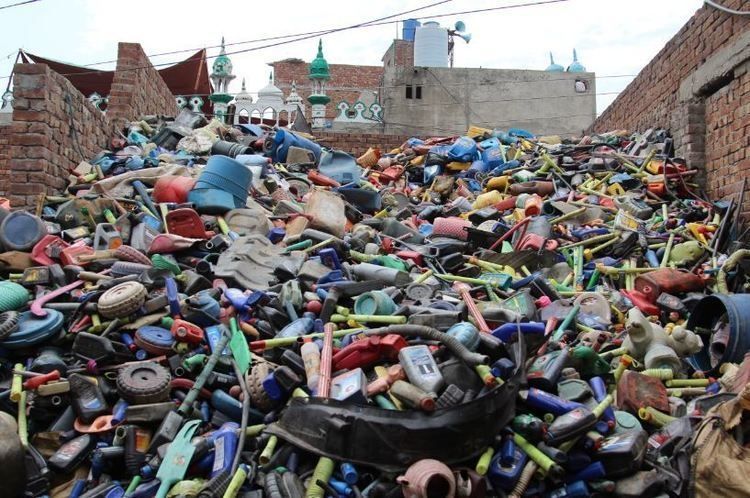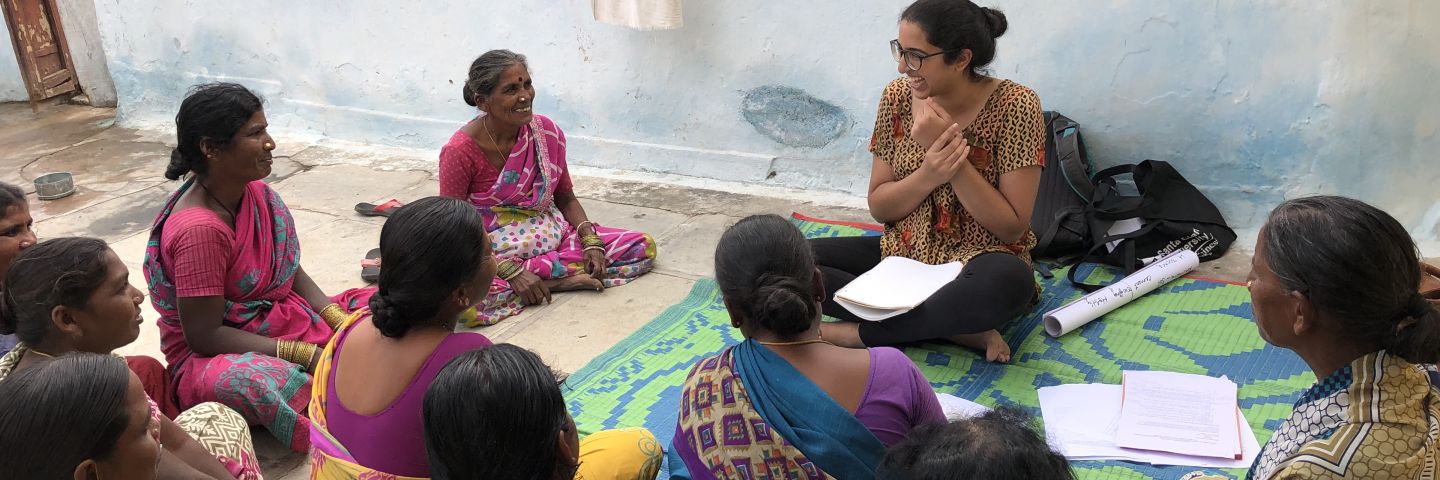Figures of Surplus: Waste, Informality, and Caste in Urban Pakistan, by Waqas Butt

March 15, 2021
11:00 am
Waste work across South Asia is structured by caste, especially as low or non-caste groups (Dalits) have remained historically dominant in this form of labor. This continues to be true in contemporary Pakistan, where uneven urbanization driven by a consumption-based economy has shifted spatial relations along the lines of caste, class, and religion. Unsurprisingly, during this time, markets for waste materials and work have expanded rapidly, while creating renewed space for kabāṛīan (junkyard owners) and bīopārīan (middlemen or brokers) to enter this line of trade. This talk tracts through spaces—jhuggīān (huts), junkyards, warehouses, furnaces, manufacturing plants—where waste materials are worked with and exchanged, being procured and transformed into resources to be used in remaking commodities. Recent discussions of informality within South Asia have highlighted the contradictory situation faced by labor: excluded from formalized sectors of capitalist economies, relations of work and exchange have emerged to generate surpluses that are simultaneously directed at need and accumulation. By tracing the relations of work and exchange surrounding waste materials, this talk argues that informality undergird more formalized sectors of capitalist economies, uneven urbanization across much of Pakistan, and the reproduction of historical inequalities and interdependencies, in which caste-based forms of difference remain essential.
Waqas H. Butt is an anthropologist at University of Toronto Scarborough whose work focuses on the intersections of caste, labor, infrastructures, and waste in urban Pakistan. Based on long-term ethnographic fieldwork in Lahore and the Punjab, his current book project examines the ways in which waste workers, who are drawn predominantly from low or non-caste (Dalit) groups, have become essential components of urban life through the everyday and intimate workings of waste infrastructures. His research has been funded by the Wenner-Gren Foundation, the American Institute of Pakistan Studies, and the University of California, San Diego. His work has appeared in academic journals such as CITY, American Ethnologist, ILWCH, among others, as well as newspapers and magazines in Pakistan.
Additional Information
Program
Mario Einaudi Center for International Studies
South Asia Program

